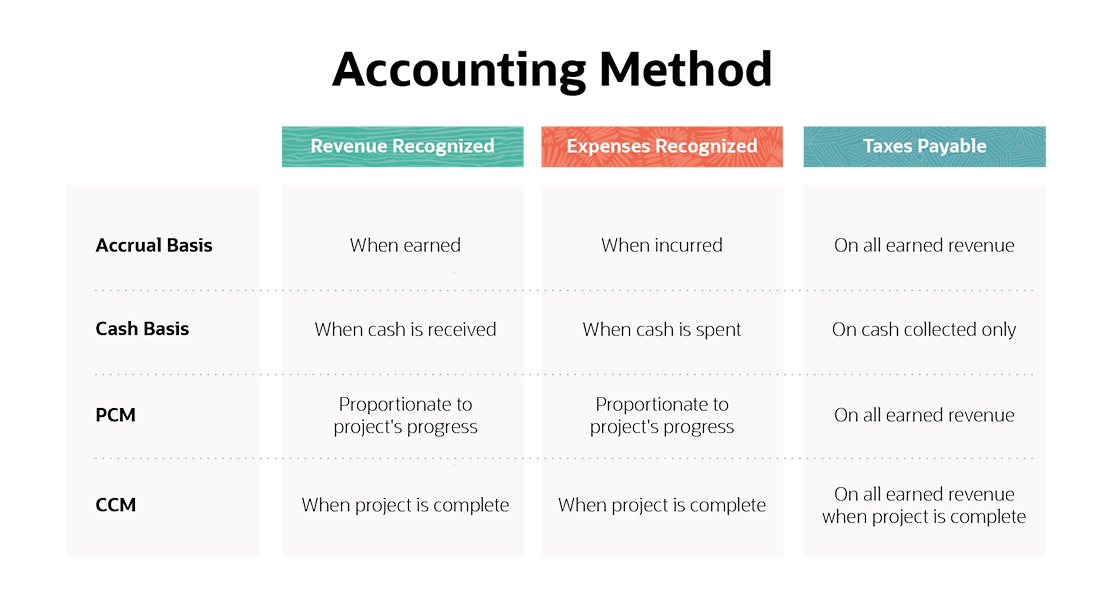Trick Solutions Offered in Construction Bookkeeping to Enhance Financial Oversight
In the world of building and construction accountancy, essential services such as project price evaluation, budget management, and capital evaluation play a crucial function in improving monetary oversight. These services not only streamline the budgeting process yet also give important insights right into expenditure patterns and project profitability. By closely keeping track of monetary metrics, stakeholders can make enlightened choices that straighten with job objectives. The complexity of these solutions frequently increases questions about their implementation and influence on general job success. Recognizing these subtleties can dramatically affect the performance of monetary oversight in building tasks.
Task Price Estimation
Reliable project expense estimate is an essential component of effective building and construction accountancy solutions, as it directly affects budgeting and economic preparation (construction accounting). Accurate cost quotes give a detailed review of the monetary needs for a construction job, enabling stakeholders to make enlightened decisions pertaining to source allowance and project usefulness
An extensive cost estimate process includes different aspects, including labor, products, devices, expenses, and backups. By evaluating historic data and current market trends, building accounting professionals can establish practical price quotes that show real task prices. This analytical method not only help in safeguarding funding yet additionally improves openness and responsibility among all parties included.
Additionally, accurate price evaluation serves as a foundation for tracking and managing expenditures throughout the project's lifecycle. By developing a clear baseline, building accounting professionals can identify disparities between estimated and real expenses, permitting prompt modifications and interventions.
Ultimately, efficient job expense estimation not only assists in smoother task execution however likewise reinforces the general monetary health and wellness of building services, ensuring they stay affordable in a progressively dynamic sector. This tactical strategy underscores the importance of competent professionals in delivering accurate and dependable price quotes.
Spending Plan Administration
In the realm of building and construction accountancy services, spending plan management plays a pivotal function in guaranteeing that projects continue to be monetarily practical and on the right track. Efficient spending plan administration includes the systematic planning, surveillance, and managing of task prices to align with financial goals. It begins with the development of a detailed budget plan that properly shows the expected costs of labor, products, tools, and expenses based upon extensive task price estimation.
As soon as the spending plan is developed, ongoing monitoring is important. This consists of normal assessments of real expenditures versus the budgeted numbers, enabling timely recognition of discrepancies. By applying tools and software program tailored for building and construction accounting, project managers can generate real-time reports that help with informed decision-making.
In addition, aggressive spending plan management allows stakeholders to change monetary allowances and resources as essential, advertising adaptability in feedback to unanticipated obstacles. This adaptability is essential in the construction industry, where task scopes can regularly alter. Inevitably, robust budget plan administration not just reinforces monetary accountability but likewise enhances total project efficiency, guaranteeing effective completion within the allocated economic specifications.
Money Circulation Evaluation
Capital evaluation functions as a vital component of construction accountancy, allowing job managers to maintain a clear understanding of the inflow and discharge of funds throughout the task lifecycle. This analytical process enables the recognition of prospective cash money scarcities or surpluses, equipping managers to make educated choices relating to budgeting and resource allowance.
By thoroughly tracking cash inflows from client repayments, car loans, and various other earnings resources, along with checking discharges such as labor, materials, and overhead expenses, task managers can produce an extensive cash money flow forecast - construction accounting. This projection not just aids in projecting future economic settings however also helps in identifying patterns that might impact job viability
Normal cash circulation analysis facilitates prompt interventions, enabling task managers to attend to monetary obstacles before they escalate. This aggressive strategy can minimize risks connected with delayed repayments or unanticipated costs, inevitably leading to more successful task completions. Efficient cash flow administration adds to maintaining solid connections with subcontractors and vendors by making sure timely settlements.
Basically, cash circulation analysis is an important device in construction accounting, driving economic security and functional performance throughout the duration of building and construction jobs.
Regulatory Conformity Assistance
Regulatory compliance support is vital for construction firms navigating the complex landscape of click here to read industry policies and criteria. The building sector undergoes a myriad of neighborhood, state, and federal guidelines, consisting of security requirements, labor legislations, and ecological standards. Non-compliance can cause significant penalties, hold-ups, and reputational damage.
A durable compliance support group aids firms stay educated regarding appropriate policies and ensures that they implement essential policies and treatments. This includes monitoring adjustments in legislation, providing training for employees, and conducting normal audits to evaluate compliance levels. Construction accountants play a crucial duty in this process, supplying experience to interpret regulations and straighten economic methods accordingly.
Moreover, regulative conformity support includes the preparation and submission of needed documents, such as tax filings and reporting for labor requirements. By developing an aggressive conformity approach, building firms can alleviate risks connected with non-compliance, improve operational effectiveness, and foster a culture of responsibility.
Eventually, reliable regulative compliance support not just safeguards a construction firm's monetary health and wellness yet also strengthens its credibility in the industry, positioning it for lasting development and success.

Financial Reporting and Insights
While navigating the intricacies of the building and construction industry, accurate financial coverage and insightful evaluation are essential for educated decision-making. Construction jobs frequently entail substantial funding financial investment and rising and fall expenses, making it essential for stakeholders to have accessibility to clear and timely financial information. Thorough economic records, consisting of profit and loss declarations, capital estimates, and balance sheets, give a snapshot of a company's economic health and efficiency.
Moreover, customized insights originated from these records assistance managers recognize patterns, examine job productivity, and make strategic modifications Get the facts to enhance operational performance. Trick efficiency indications (KPIs) certain to building and construction-- such as project margins, labor expenses, and overhead proportions-- use valuable benchmarks for assessing success and forecasting future performance.
In addition, routine economic reporting makes it possible for compliance with contractual obligations and promotes openness with stakeholders and capitalists. By leveraging sophisticated audit software application and data analytics, building firms can boost their monetary oversight, enabling them to browse unpredictabilities better. Inevitably, robust financial coverage and actionable insights empower construction business to make informed decisions that promote growth and sustainability in a highly competitive market.
Verdict

In the world of construction accountancy, crucial services such as job expense evaluation, budget management, and cash flow analysis play a critical role in enhancing financial oversight. Inevitably, robust budget monitoring not only bolsters monetary responsibility however likewise boosts overall project efficiency, ensuring successful conclusion within the designated monetary specifications.
